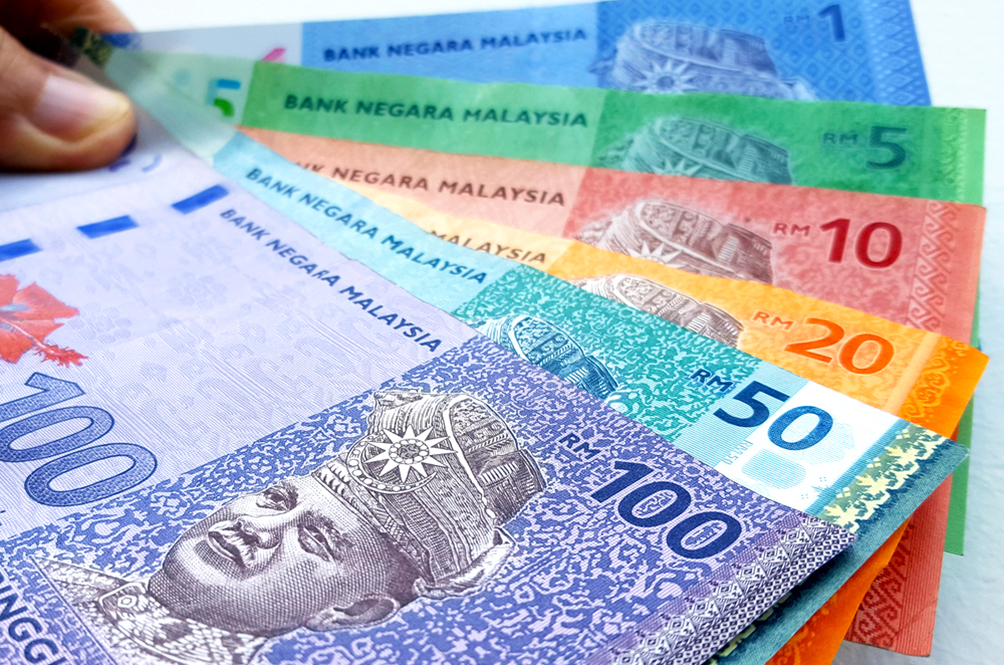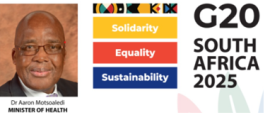KUALA LUMPUR, June 3 (Bernama) — The Malaysian ringgit is expected to strengthen to the RM4.25 level against the US dollar by the end of the year amid Malaysia’s strong economic fundamentals.
AmBank Group chief economist and Economic Action Council secretary Dr Anthony Dass said economic data is indicating that going into the second half of this year (H2 2022), Malaysia’s business sentiment and manufacturing sector remained positive with growing optimism in business prospects.
“The economic data is also pointing that household confidence is improving with the increase in household loans as well as increasing credit cards and charge cards spending.
“The market is also seeing positive foreign appetite into our equities market with foreign direct investments (FDIs) picking up. This could support our ringgit going forward,” he said during a webinar on Malaysia’s market outlook for H2 2022 Friday.
Dass noted that Brent crude oil, trading at an average price of US$104 per barrel this year, and the crude palm oil price, which conservatively average around RM5,500 per tonne, would also be positive factors to support the ringgit.
Moving forward, he shared that the ringgit will continue to be impacted by the movement of the US dollar as well as how the Chinese Renminbi will be reacting against the greenback.
“The strengthening of the dollar following the monetary easing by the Federal Reserve as well as the weakening of the Renminbi had weighed on the ringgit as China is Malaysia’s major trading partner,” he said.
Dass also shared that Bank Negara Malaysia has enough buffer to support the ringgit and had used only about US$8.6 billion to stabilise the ringgit.
“During the peak of 2018-2019, they used close to US$24 billion, so BNM still has enough ammunition to stabilise the ringgit,” he noted.
Commenting on the upcoming 15th General Election affecting the ringgit, he opined that the ringgit could experience some short-term volatility, if there were no clarity in terms of the timing of the election.
“So, for the second half, I am still expecting the ringgit to strengthen on its own because economic fundamentals will continue to grow. Malaysian businesses today are increasingly disconnecting themselves with politics.
“The positive economic data showed that there is a bit of this disassociation between politics and the opportunity to do business,” he said.
Dass said Ambank expects another two overnight policy rate (OPR) hikes this year, in July and September.
He added that the OPR hike would give some buffer to ringgit depreciation and at the same time, a buffer for BNM to stabilise foreign reserves.
However, this might affect cost of funds for those who took loans on a floating rate.
— BERNAMA





